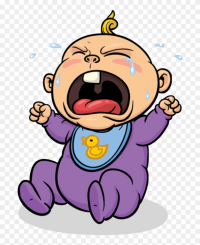The statement “There is no progress without confrontation” suggests that challenges, conflicts, or confrontations are necessary for growth and advancement. This idea can be interpreted in various contexts, such as personal development, societal changes, or even in the realm of scientific and technological progress.
Here are a few ways to understand the phrase:
- Personal Growth: In the realm of personal development, facing challenges or confronting obstacles can lead to self-discovery, resilience, and the acquisition of new skills. Confronting one’s fears or limitations is often seen as a crucial step in personal growth.
- Societal Progress: On a societal level, confronting issues such as social injustices, inequality, or political conflicts may be necessary for progress. Addressing these challenges head-on can lead to positive changes and improvements in the overall well-being of a community or society.
- Scientific and Technological Advancements: In the world of science and technology, confronting the unknown or challenging established theories can lead to breakthroughs and innovations. Scientific progress often involves testing hypotheses, challenging existing paradigms, and pushing the boundaries of knowledge.
- Innovation and Creativity: Confronting existing norms or conventional wisdom can foster innovation and creativity. The willingness to question the status quo and explore new ideas is often a catalyst for progress in various fields.
While the statement highlights the importance of confrontation, it’s essential to note that not all confrontations lead to positive outcomes. The manner in which confrontations are handled, the intentions behind them, and the willingness to learn and adapt are critical factors that determine whether progress or regression will result.
In summary, the idea that progress is linked to confrontation suggests that facing challenges, conflicts, or difficult situations can be a catalyst for growth, improvement, and positive change in various aspects of life.
Chat GPT



